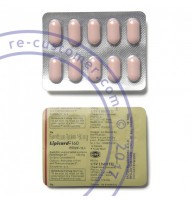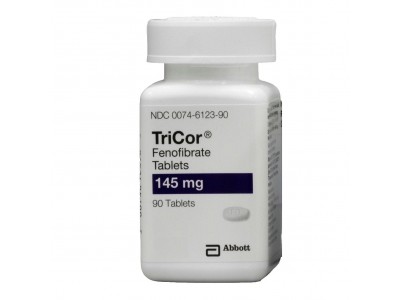Tricor, which is the brand name for fenofibrate, is primarily used to manage cholesterol and triglyceride levels in the blood. It is particularly effective in treating hyperlipidemia and hypertriglyceridemia. By lowering bad cholesterol (LDL) and triglycerides and raising good cholesterol (HDL), Tricor helps reduce the risk of atherosclerosis, heart attack, and stroke. The medication works by increasing the natural enzyme that breaks down fats in the blood, leading to decreased levels of harmful lipids.
Tricor is often prescribed when lifestyle changes such as diet, exercise, and weight loss have not sufficiently lowered lipid levels. It is usually used in combination with a proper diet to achieve optimal results. Patients taking Tricor should follow their healthcare provider’s dietary recommendations and maintain a healthy lifestyle to maximize the benefits of the medication. Regular monitoring of blood lipid levels is necessary to ensure the medication is working effectively and to adjust dosages if needed.
While Tricor is generally well-tolerated, it can cause side effects in some people. Common side effects include abdominal pain, back pain, headache, and increased liver enzymes. Serious side effects are rare but can include muscle pain, tenderness, or weakness, which may indicate a condition called myopathy. If any severe or unusual symptoms occur, it is important to contact a healthcare provider immediately.
Tricor can interact with other medications, so it is important to inform the healthcare provider of all drugs being taken to avoid potential interactions. Regular follow-ups and blood tests are crucial to monitor the treatment's effectiveness and safety.

